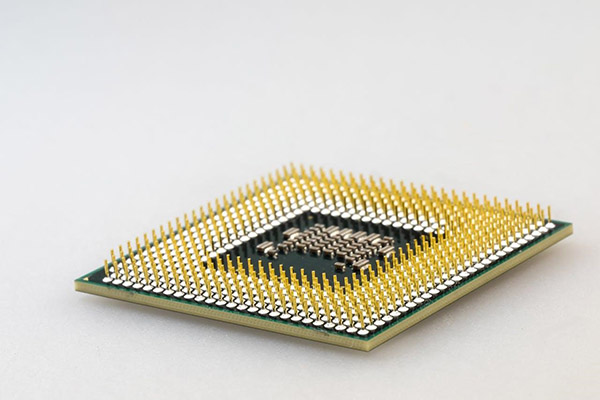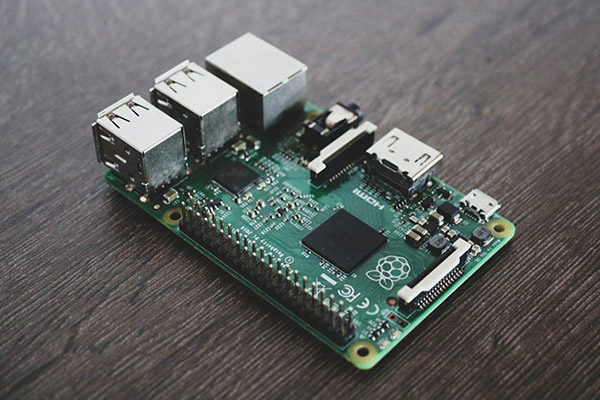The electronic parts market has experienced some major obstacles in recent years, mostly because of troubles with supply chains, higher demand, and shortages due to the global pandemic.
These shortages can affect many industries like consumer electronics, cars, and industrial production. For businesses, knowing how to manage these shortages is crucial for maintaining smooth operations and ensuring projects stay on track.
In this article, we’ll be sharing some advice on dealing with the lack of electronic components, paying attention to strategies that will help you decrease the impact shortages can have on your business.
Finding a Reliable Provider
If you’re considering where to buy electronic components that meet your needs during a shortage, finding a reliable local seller or distributor can be very beneficial. A reliable seller ensures the components are authentic and high quality, as well as promises on-time delivery, which is very important when there aren’t enough supplies. To find a reliable supplier, first research companies that have a good reputation in the field. Look for suppliers with positive feedback, excellent customer service, and a clear supply chain process. Industry certifications and memberships in relevant trade organizations can also be indicators of reliability.
Working with local distributors can be beneficial because they know more about the market and conditions in their respective areas. They often have a better understanding of what is available compared to larger, international suppliers. Local distributors also provide more personal help and can deliver products faster. Having a direct connection with a dependable supplier is also good for getting ahead of possible shortages. You can get early alerts about supply problems or know when new stock will be available soon.
Building Strong Supplier Relationships
Creating and keeping good relationships with your electronic parts suppliers is very important, especially when facing market shortages. Working together can make communication better, get you priority service, and possibly result in more favorable agreements. First, make sure to establish open communication with your suppliers; keep them informed about your expected needs and any changes in what you require regularly. This transparency helps suppliers anticipate your needs and allocate resources accordingly.
Also, think about creating long-term partnerships instead of only making one-time deals. Long-term partnerships usually bring better prices, more consistent delivery, and preferential treatment during shortages. It is also important to have different suppliers, so you do not face problems when depending on only one source. By collaborating with several trusted suppliers, you can reduce the impact if one supplier fails to meet your needs.
Leveraging Alternative Sourcing Strategies
When there are not enough electronic parts, finding new sourcing ways can be very helpful. One way is to look for other suppliers or secondary sources who may still have the needed components in stock. Although these suppliers might not be your first option, they could prove very useful when supplies are low. Plus, think about getting parts from overseas markets if local supply doesn’t meet the need. However, be mindful of potential shipping delays and import regulations.
Another idea is to look for different parts that can replace the original ones. Some parts might have similar versions that do the same job but are easier to find. Ask design engineers or technical experts to find good replacements that fit your needs. This way, you can keep projects going smoothly even when some parts are hard to get.
Managing Inventory Effectively
Managing inventory well is very important to prevent shortages. Using a strong inventory management system helps you keep track of how many components you use, predict what you’ll need later, and keep just the right amount in stock. Regularly check your storage to find items that are not selling well or have too many in stock. These can be moved to different projects or sold to make more room.
Using just-in-time (JIT) inventory methods can also help reduce shortages. JIT systems try to lower the amount of inventory by matching component deliveries very closely with when they are needed for production. While JIT helps to cut down on carrying costs and reduce waste, it needs very good coordination with suppliers and precise prediction of demand. When there are shortages, think about keeping extra stock of important parts as a cushion against supply problems.
Staying Informed About Market Trends
Keeping up-to-date with market trends and industry news is very important for managing electronic component shortages. You can subscribe to industry magazines, join professional groups, and attend trade shows or conferences that are related. This way you stay informed about the current market situation. Knowing trends like new technology, political changes around the world, and the changing needs of consumers can help you see possible shortages ahead of time. This way, you can change your plans to deal with them better.
Additionally, monitor updates from major parts manufacturers and suppliers regarding their production capacities and the status of their supply chains. Many companies share updates on their websites or through industry reports. Collecting information early helps you make smart choices and change your sourcing plans when needed.
Bottom Line
Managing the electronic component market when there is a shortage requires careful planning and taking action early. By following the tips in this article, you can reduce shortage problems affecting your work. These strategies not only help you get the parts you need but also make sure you can adjust to changes in the market and stay ahead of competitors. As the world of electronic components keeps changing, being quick to adapt and having good information will be very important for dealing with problems in supply chain disruptions successfully.






